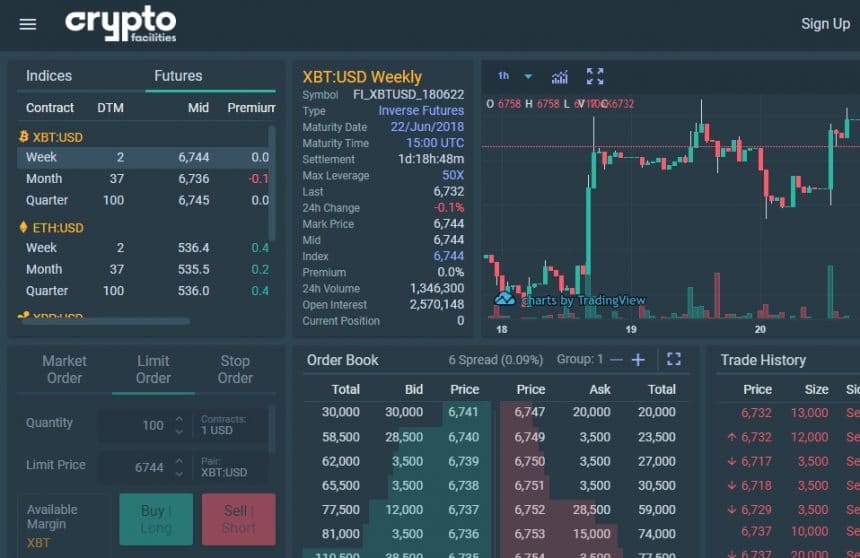South Korean cryptocurrency exchanges have limits in protecting themselves from hackers as the government would not introduce regulations to protect them.
Cryptocurrency exchanges worldwide lost more than one trillion won from hacking this year, up 250 percent from last year, according to the CipherTrace.
South Korea’s Bithumb lost 35 billion won from hackers. Hackers also took out 570 billion won from Japan’s Coincheck this year.
The domestic exchanges are taking multiple steps to upgrade their cybersecurity.
They get the Internet Security Management System (ISMS) certificates from the government-funded Korea Internet Security Agency (KISA)
They are partnering with security solution providers, and separate their exchange trading system from their main networks. They want the government to legislate regulations to protect them from hackers.
Hacking is quite troublesome for the exchanges. Hacking tarnishes their images, reduces trading volume and keep banks from opening accounts.
In the Dec.10 seminar at the National Assembly,
The government has no intention of classifying the exchanges as financial institutions and monitoring their cybersecurity.
The exchanges are likely to be the constant target of hackers even next year.
관련
기사제보 및 보도자료: press@blockmedia.co.kr
▶ 블록미디어 유튜브 바로가기 https://www.youtube.com/blockmedia
▶ 블록미디어 텔레그램 바로가기 https://t.me/blockmedia
▶ 블록미디어 페이스북 바로가기 https://www.facebook.com/blockmediakorea/

